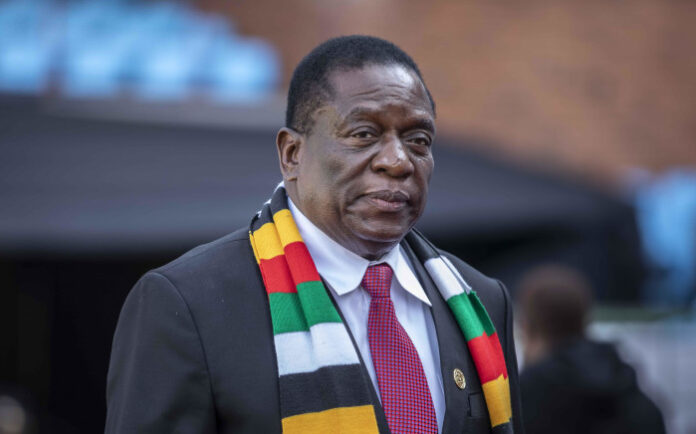In a bold statement, President Emmerson Mnangagwa has responded to those dissatisfied with his cabinet choices by suggesting that they should appoint their own cabinet when they become president. Mnangagwa made this remark during a press conference held at the State House in Harare.
The president’s comment came in response to growing criticism of his recently announced cabinet, which has drawn mixed reactions from the public and political analysts. Some have accused Mnangagwa of recycling old faces and failing to include fresh and diverse voices in his government.
Mnangagwa was also accused of appointing some of his own family members to high-ranking positions. He appointed his son Kudakwashe David Mnangagwa as deputy minister of finance. Kudakwashe Mnangagwa is the Zanu-PF youth quota MP in the Midlands province.
During the press conference, Mnangagwa defended his cabinet choices, stating that he had selected individuals based on their experience, expertise, and commitment to the development of Zimbabwe. He emphasized that his priority was to ensure continuity and stability in the country.
However, Mnangagwa acknowledged that not everyone would be pleased with his appointments and suggested that those who were unhappy should strive to become president themselves and appoint their own cabinet. He urged individuals to actively engage in politics, build their profiles, and work towards achieving their aspirations.
This response from the president has sparked a debate among Zimbabweans, with some praising his call for active participation in politics, while others argue that it is dismissive of legitimate concerns.
Political analysts have pointed out that Mnangagwa’s comment reflects a broader issue of leadership and accountability in Zimbabwe. They argue that citizens should not have to wait until they become president to have a say in the country’s governance. Instead, they should be able to hold their leaders accountable and demand transparency and inclusivity.
As Zimbabwe moves forward, it is crucial for the government to address the concerns raised by the public and work towards building a more inclusive and representative cabinet. This requires a commitment to actively listening to the voices of the people and considering a diverse range of candidates for key positions.
The president’s call for individuals to aspire to become president themselves highlights the importance of citizen participation in shaping the future of the country. It serves as a reminder that change starts from within and that every citizen has the power to make a difference.
While Mnangagwa’s cabinet appointments have sparked controversy, they also present an opportunity for reflection and growth. It is essential for Zimbabweans to engage in constructive dialogue and offer alternative suggestions for a more effective and representative government.
In conclusion, President Mnangagwa’s challenge to those unhappy with his cabinet choices to appoint their own when they become president is a call for active participation in politics.
While it has sparked a debate about leadership and accountability, it also serves as a reminder of the power of citizens to shape the future of their country. Moving forward, it is crucial for the government to address the concerns raised by the public and work towards building a more inclusive and representative cabinet.


